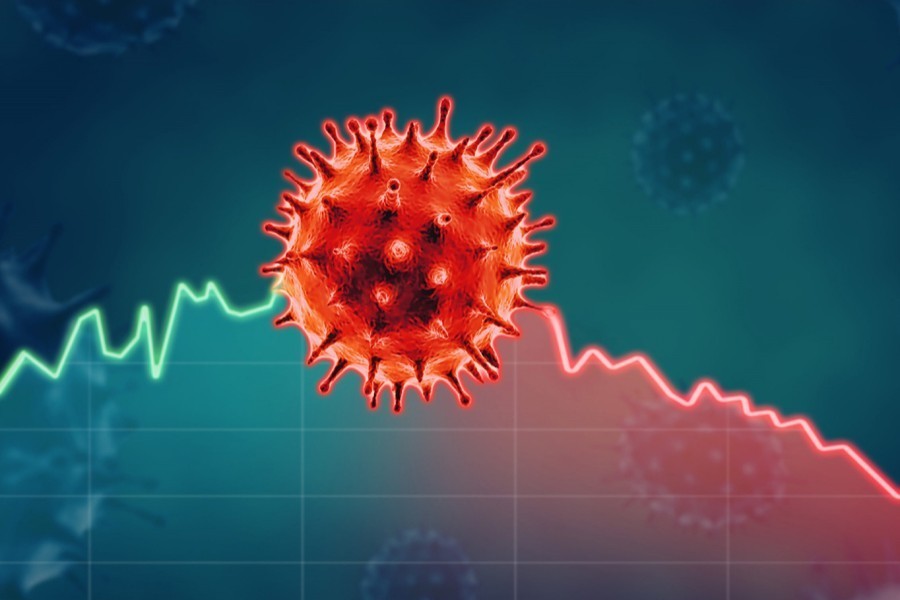The warning is dire. Before the world could overcome a coronavirus pandemic, it is set to slip into a hunger pandemic this year. None other than World Food Programme (WFP) Executive Director David Beasley makes the dire prediction that 'we are going to have famines of biblical proportions in 2021'. Recipient of the Nobel Peace Prize last year, the WFP made a similar grim prediction in April last. While the world was dealing with the coronavirus pandemic at that time, it was also 'on the brink of a hunger pandemic' which could lead to 'multiple famines of biblical proportions'.
Mercifully, the WFP could convince world leaders of the need to come up with money, stimulus packages and deferment of debt payment and large scale famines could be avoided. Now that the Covid-19 pandemic is surging again forcing further closedowns across large swathes of the globe, economies are wobbling. While the big economies have back-ups to withstand such shocks, those of the low- and middle-income countries including the emerging economies, are likely to suffer the most.
One of the deciding factors in this respect will be early vaccination programmes under which the Western world and some of the economically strong nations in the Gulf and South-east Asia will bring their populations. The earlier the countries complete their inoculation the greater the chance of a turnaround of their economies. Clearly, the backward countries, even if they get enough supply of vaccines, cannot carry out inoculation fast and smoothly for poor logistics and infrastructure. In this case, transportation of vaccines in freezing temperatures poses the greatest challenge.
A pathogenic pandemic takes lives but not all who are attacked die. Even if the mortality rate is high, hunger knows no laws and desperation of the hungry only makes the matters worse in time of a pandemic. If vaccination can be accomplished at a stage where a nation achieves herd immunity, it stands the chance of thwarting the disease collectively. Until this happens, public health, social and economic conditions remain vulnerable. So, it is not just socio-economic conditions but also the medical system in a country that turns out to be crucial in achieving a herd immunity against the disease.
The WFP is, therefore, particularly concerned about the more vulnerable nations likely to slip into famines. Together with the World Food and Agriculture, the WFP reckons that 20 countries may face acute food shortage. Yemen, South Sudan, north-eastern Nigeria and Burkina Faso reeling from years of wars and calamities ---both manmade and natural --- are likely to present the worst case scenarios in terms of food insecurity. As many as 270 billion people may face starvation this year.
According to its estimate, the WFP needs at least $15 billion to avert a human tragedy of mammoth proportion. It is apprehensive that money, unlike last year, will be hard to come by now. However, its Nobel Peace Prize win has endeared the WFP with world leaders because the latter have come to appreciate its work done against daunting odds and in the most challenging environment. Vigorous persuasion by the UN body might prompt favourable response from all the members of the United Nations who can afford generosity at this critical time.
The WFP chief has also targeted the world's richest people as potential donors for making its appeal for monetary support. Indeed, almost all the top rich in the world have gained fabulous increase in their wealth during the pandemic. If they contribute just a small share of their gain, the amount the WFP needs for feeding the vulnerable population is more than achievable. This is the least the superrich can do for the poor in time of such a crisis ---one that occurs once in a century. In that case, 2021 can avoid the human tragedy looming in the horizon.


